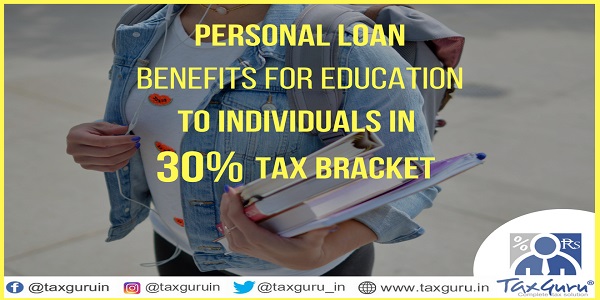Pursuing higher education is a dream for many. Many people wish to pursue their further education through a master’s or a doctorate program. Some may choose to study within the country, while some may enroll at a university outside the country. The cost of education is generally expensive and unaffordable for common people. Expenses associated with education include tuition fee, books, accommodation, in the case of overseas education, besides others.
A common way of pursuing the dream of further education is arranging cash from family, friends, or relatives. Some may even sell off their assets like land or gold to gather the necessary funds. However, the best way to obtain finance in such a case is through a loan.
Personal loans for education
Many banks and Non-Banking Financial Companies (NBFCs) offer personal loans for educational purposes. This borrowed amount has to be repaid along with a certain interest over a period of time known as the loan tenure.
Borrowing a loan makes it possible for students to realize their dream, without putting a strain on their savings. Students may avail of a loan to fund their graduate or post-graduate courses in various fields like medicine, engineering, management, sciences, among many others. Besides, a loan provides an opportunity for students to shoulder their own responsibilities. A huge advantage of such loans is the tax benefit offered under Section 80E of the Income Tax Act, 1961.
Tax benefits under Section 80E of the Income Tax Act
Section 80E of the Income Tax Act deals with deductions over and above INR 1.5 lakh under Section 80C that are applicable on the interest paid on loans taken for education. This deduction is allowed if the loan is taken for the purpose of higher education of self, spouse, children, or the student of whom the individual is the legal guardian. There is no limit on the amount of interest that may be claimed as a deduction under this section. This deduction is available for a maximum period of 8 years or till the full interest is paid, whichever is earlier.Tax deduction under this section is allowed only if the loan is borrowed from a bank, financial institution, or an approved charitable institution. Loans obtained from family and friends do not qualify for this deduction.Moreover, such a benefit is applicable only to individuals, and not extended to the Hindu Undivided Family (HUF).
Remember, the deduction allowed is applicable only on the amount that is paid as interest and not on the principal amount of the loan. At the time of borrowing a loan for education purposes, the lender issues a statement mentioning the amount that is paid as interest towards the loan as well as the principal amount paid per annum. This statement may then be submitted while filing Income Tax Return.
Tax benefit for those falling in the 30% tax bracket
As there is no limit on the deduction on interest, individuals falling in the 30% tax bracket may enjoy a reduction of 30% on the effective interest cost. Those falling in the 30% tax bracket are individuals with annual income of more than INR 10 lakh.
With such benefits, students may apply for a personal loan and utilize it towards fulfilling their dream of further education. Borrowing ensures that such students may focus on education, while the financial aspect is taken care of.
(Republished with amendments)






i want tax information in marathi language.
Tax Guru Team,
Thanks for your kind information.
I request for information in Marathi, is it possible .